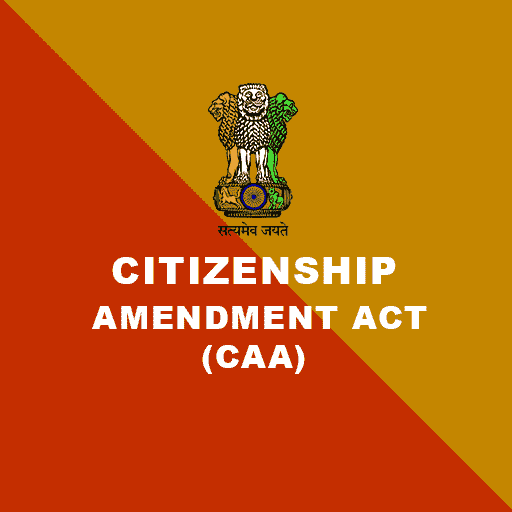Elucidate Ambedkar’s concept of social justice
Ambedkar’s concept of social justice can be understood in the context of the depressed, the underprivileged and the untouchables who were the victim of the Varna system of the Hindu social order. It was less to provide justice to ‘haves’ but to care for the ‘have-nots’ the underdogs, disadvantaged, scorned and underprivileged. It was a plea for the kind of justice which would not only penetrate and destroy the inequalities of caste, race, wealth, sex and power position but is also heavily weighed in favor of the depressed section of humanity.
The vice of social inequality had assumed its worst form in relation to the lower castes of Hindu society who were treated as untouchables. Ambedkar’s views on social justice are relative to the victims of the caste system of Hindu society. His whole thinking arose out of the acute dissatisfaction with the treatment meted out to his community by the Hindu higher castes. His philosophy and action both were concerned with social amelioration and political enlightenment of the depressed class. He pleaded for the annihilation of the caste system because it was inhuman and detrimental to the upward march of the untouchables.
Ambedkar contested the four Varna theory of the Hindu social order: In his book, Who Were the Shudras?, he put forward a theory the originally the Shudras were not a separate varna but a part of the Kshatriya Varna. However, a struggle started between the Shudra kings and the Brahmins in which Shudras were subjected to various tyrannies and indignities and were excluded from the Kshatriya caste.
They were refused the sacred thread. Because of this loss, they were socially degraded and fell below the Vaishayas and became a fourth yarns. They became impure and not to be respected like other castes. They could not acquire knowledge and it was a sin to give them education. They could not hold any office under the state. Their duty was to serve the higher castes.
Apart from the Shudras, there was another class the untouchables who were not only suppressed and enslaved but were also outcast. They were not allowed to live inside the village. Unlike Shudras, they were outside the four-fold Varna system. They were a Varnas. Amedkar rejected, the idea of pollution achhoot, a very sensitive issue for the untouchables. He denied there was any racial or color basis for the caste.
The root of un touch ability was the caste system and the eradication of un touch ability was associated with the annihilation of caste. Dwelling upon the evils effects of untouch ability, Ambedkar pointed out that being an untouchable meant numerous disadvantages. His merits go unrewarded. There is no appreciation of his mental and physical qualities. He is debarred from entering into army, police department or navy. It ruins him of his worldly existence, honor, name, food or shelter.
As an economic system, it permitted exploitation without any obligation. There was no independent opinion to condemn it and no machinery to restrain it. There was no check from the judiciary because it is also drawn from the Hindu upper castes.
For all the injustices, Ambedkar held the Hindu religion responsible. According to him, the function of a true religion was the upliftment of the individual. For this purpose, it should teach the virtues of fellow feeling, equality and liberty. Hindu religion did not teach these virtues and has failed to provide the untouchables with a favorable environment, denied them individual freedom for development deprived them of’education, wealth and arms. He warned Hindus that religion is for man and not man for religion.
Apart from providing a theoretical critique of the Hindu social order, in his quest for social justice for the depressed classes, Ambedkar organized and politicized his own Mahar caste and a great many other untouchable groups in the urban areas. He founded three political parties, he served on the cabinets of both British India and Independent India and played a crucial role as chairman of the Drafting Committee of Indian Constitution. Before 1935, Ambedkar’s work took three directions;
- Awakening and organizing of the untouchables through newspapers of their own, social and cultural institutes, and ‘Depressed Classes’ conferences which were widely attended.
- Participated in every opportunity to petition the British government for political representation for untouchables such as the South borough Committee on Franchise, Simon Commission and the Round Table Conferences. He was also elected to the Bombay Legislature as a representative of untouchables.
- Encouraging education among the lower classes, founding hostels for their stay and establishing a network of colleges under Peoples Education Society.
However, from 1935 onward Ambedkar moved from social reforms to political level because the Government of India Act, 1935 gave political representation to the untouchables now known as Scheduled Caste. In 1942, he became a member of the Viceroy’s Executive Council and was able to secure such benefits for the Scheduled Castes as Mahar battalion in the Indian army and overseas scholarship for untouchable boys.
After independence, Ambedkar became a member of Nehru’s first cabinet and chairman of the Drafting Committee of the constituent assembly. Here his plea was that India should strive for more than a political democracy. He wrote that in our society, two things are absent :
- On social plane, we have inequality which means elevation of some and degradation of others,
- On economic plane there are some who have immense wealth and others are in immense poverty. In other words, in the constitution, we will have political equality but social and economic inequalities will continue to deny the principle of one-vote-one-value.



